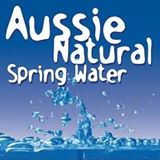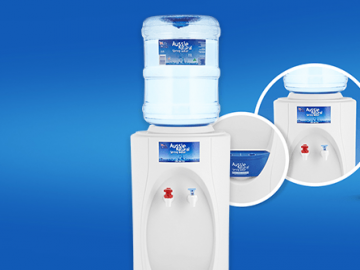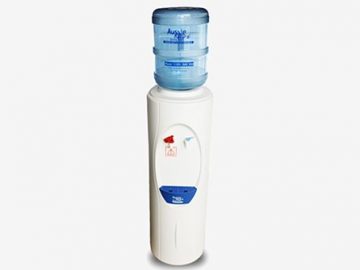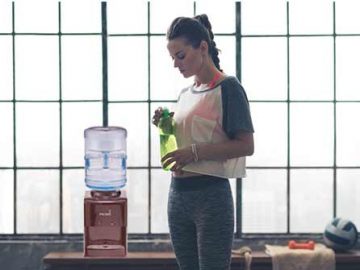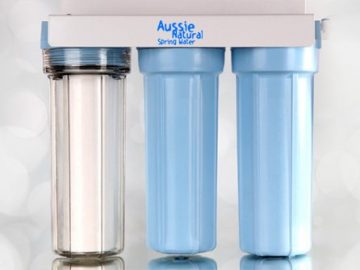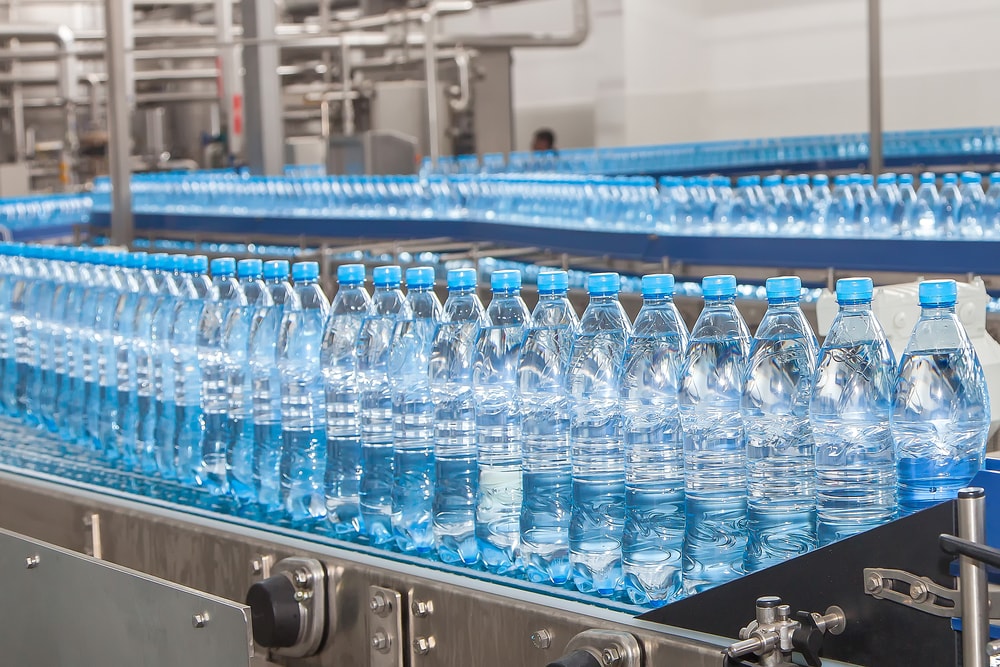
Table of Contents:
- Why should you recycle plastic water bottles?
- How to correctly recycle your plastic bottle?
- How clean should the plastic be?
- Are the caps of water bottles recyclable?
- Make a profit from recycling your plastic bottles
- What do your plastic bottles get turned into?
- Embrace responsible plastic bottle recycling with Aussie Natural
Why should you recycle plastic water bottles?
Plastic water bottles are an amazing addition to the fast-paced lifestyle that so many of us have. Being an inexpensive method of easy, lightweight water storage, it’s no wonder why these containers are being mass-produced. Although the benefits are plentiful, the negatives associated with incorrectly going about water bottle recycling can cause serious harm to the environment.
If you care about the planet and want to keep the benefits of using plastic bottles but also want to reduce your carbon footprint, commit to recycling your plastic bottles. However, it’s important to first know the WA State Government approved plastic water bottle recycling process.
How to correctly recycle your plastic bottle?
The easy way to recycle your plastic water bottles is to simply dispose of them in your designated domestic or business recycling bin. To go the extra mile with your water bottle recycling is easier than most think and will require practically no extra effort on your end. Before throwing your plastic bottle away, making the few small adjustments we explain below will save a large amount of time for recycling factories.
How clean should the plastic be?
In Australia as well as other parts of the world, recycling covered in old food waste will be removed to ensure it doesn’t contaminate other plastic during the later steps. This is mostly because during the plastic water bottle recycling process there can be large amounts of time where the plastic containers sit in one spot. Over time these food scraps accompanied by the humid environment can make the plastic bottles rancid or mouldy.
For the most part, all you need to do is give your plastic water bottle a solid rinse and allow the liquid to drain out. If you have added other liquid where the residue is very sticky you should try removing it through stronger water pressure or scrubbing. Water bottle recycling facilities are more lenient on the products they receive because during later parts of recycling they also drain the liquid trapped inside.
Are the caps of water bottles recyclable?
Well not efficiently, the process is harsh and is often not worth it. The lid of plastic water bottles is made of a different plastic than the bottle itself. This different plastic will not recycle easily, and it is often recommended to instead throw out the bottle cap into any rubbish bin for collection.
Crushing the bottles and ignoring the labels will provide the best chance of your bottle seeing a new life. When a bottle is full of air the area of space the bottle occupies increases dramatically. Squeezing the air of your bottles helps to avoid taking up too much recycling bin space. So, make sure to give it a solid squish and keep the caps off. The stickers and labels are easily removed in bulk, so they are not a concern.
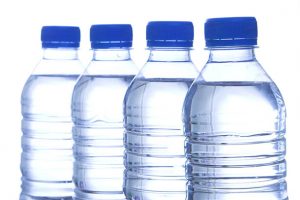
Make a profit from plastic bottles recycling
Sometimes the hassle of recycling can outweigh the incentive for many people, which is understandable. With locations such as restaurants and retailers going through huge amounts of bottles daily, you can see why the process that each requires can be overwhelming. As a result of environmental legislation encouraging resource recovery, there are now Container Deposit Schemes (CDS) available in WA and across the country. This means you can find certain locations that will give you money in exchange for your old bottles and other eligible recyclables. Adding the cash incentive for recycling your waste is genius, which is why this concept has cemented its place as being a great alternative to standard disposal methods.
Containers for Change
Containers for Change is a great not-for-profit organisation dedicated to helping improve the Australian environment by increasing the incentive to recycle. Their locations vary but are mainly situated inside Western Australia as well as Queensland and consist of four different types of deposit methods. If you are planning to recycle bottles, then you would have to either use their deposit locations or dedicated drop off bags that contain an ID for money transfers using their app.
What do your plastic bottles get turned into?
Have you wondered what happens to your plastic bottles when they are recycled in the yellow bin? Depending on who is currently accepting imports they could be transformed into a whole new material like plastic tools and toys or into recycled plastic water bottles.
Due to an overload of supply, large amounts of oversea plastic processing factories have begun to decline new additions which have left many locations to resort to other methods. Although this overwhelming import problem has occurred for places like China, as time has gone on, they have become open to importing again.
The plastic bottle recycling process in these factories is follows:
- Shred the plastic bottles
- Wash and remove the labels
- Shredded pieces are soaked in acid to remove the stickers stuck on them.
- Plastic bottle pieces are heated up to create larger collections. They can lose a lot of strength from this process which is why they are kneaded to reinforce their bond.
- Finally, they can be turned into either polyester or used as generic plastic once again.
When overseas locations can’t take Australia’s plastic bottles for recycling, then we have to use our smaller local factories. What our smaller local factories do is practically the same as overseas but instead they are just turned back into bottles as the polyester process can be difficult.
Embrace Responsible plastic bottle recycling with Aussie Natural
Put your newfound knowledge into practice and start building the habit of proper recycling today. If you are searching for a reliable supplier of bottled spring water that is committed to reuse, reduce and recycle plastic water bottles, choose Aussie Natural. We stock one-way 15L bottles and standard 15L water cooler bottles in large quantities at affordable prices. We also offer water coolers and dispensers if you would prefer a reusable option to get your refreshing spring water. Get in touch to find out more.

